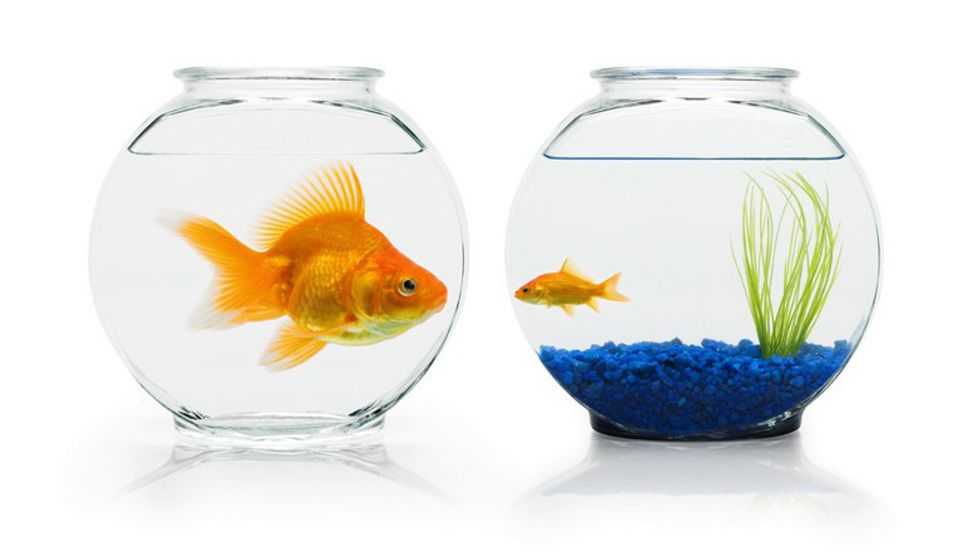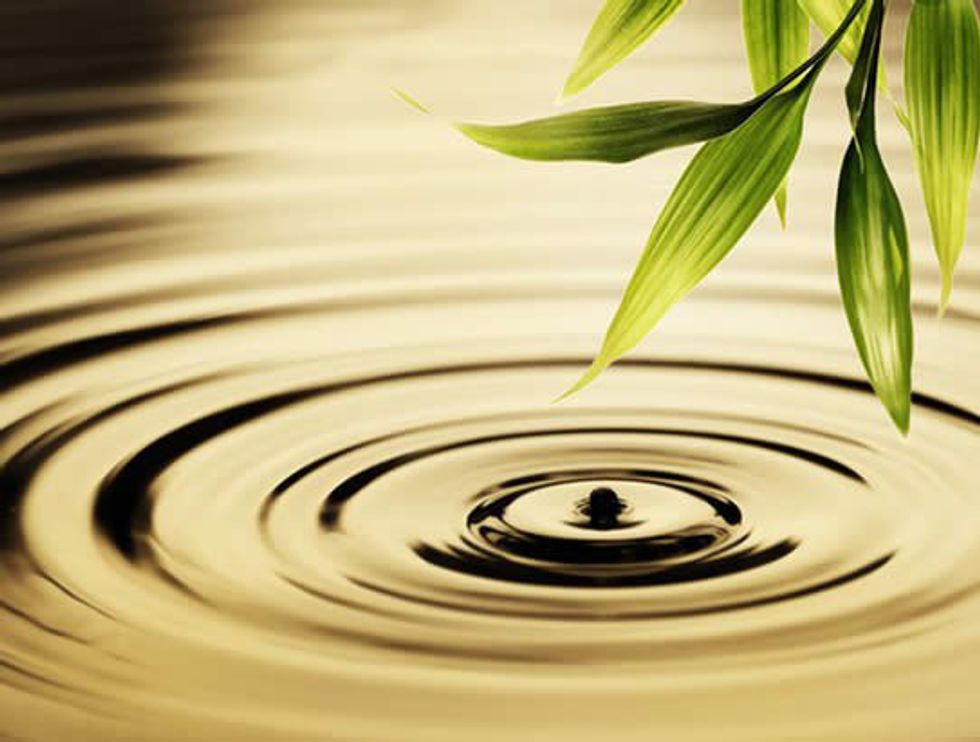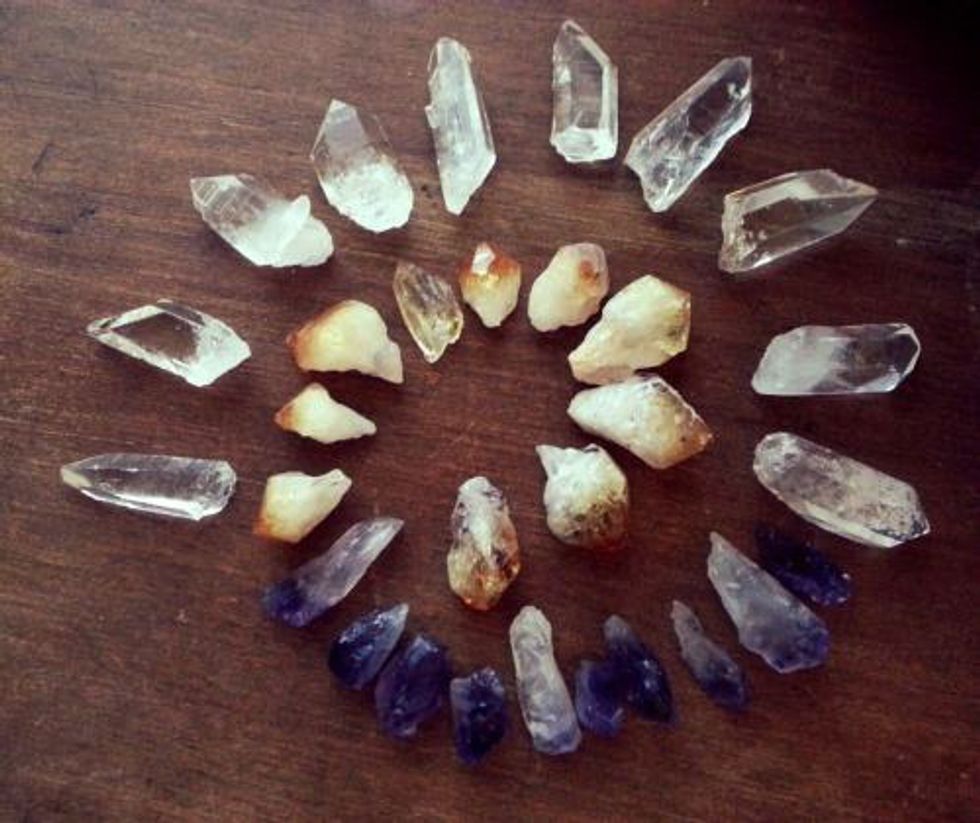Everyone has one thing in common: they want to be happy. For some people, that means money. For others, it means relationships. It may mean having a job you enjoy, or practicing mindfulness. Regardless, no matter where anyone goes in their life, their ultimate goal will always be happiness.
According to David Steindl-Rast, happiness is born from gratitude. To be thankful for what you have, whom you have, and what you have experienced is the key to feeling happy. The following are ways you can bask in what you are grateful for; anytime, anywhere.
1. Write letters.
Write detailed letters to those you love. Tell them how much they mean to you and why you are grateful for them. Tell them in detail. Whether you send the letter to them or not is up to you. But, regardless, I highly encourage you to do so. Sentiments like this do not go unnoticed. Anyone will appreciate receiving a heartfelt letter and knowing how much they are valued. Wouldn’t you? Sentimental letters are as meaningful and important as they are rare. Not only will writing the letters themselves make you feel even more affectionate toward their recipients, they will also allow you to say all the things that need to be said and heard. Life is not infinite and we are not invincible. You never know when you will cease to have the opportunity to express love and gratitude to others.
2. Volunteer.
Get involved in a cause that is greater than yourself. Find a cause you are passionate about, such as helping the environment, working with children, or even traveling to volunteer in poverty-stricken communities. It is endlessly fulfilling. Becoming aware of the world and people around you makes you more appreciative not only of what you have, but what you can do for others.
3. Rephrase.
Replace complaints with statements of gratitude. Instead of focusing on what you want to have or what you want to be different, focus on what you do have. “This could be better if…” versus “This could be worse.”
Replace statements of permanency with statements of temporality. “I am angry” versus “I am angry right now,” or “I am feeling angry.” The first implies an identity trait, something static. The latter is dynamic; it addresses the fact that emotions are not permanent and that they always pass.
4. Live in the now.
Soaking up the present moment -- not yearning for the past or anxiously awaiting the future -- helps you feel more grateful for the now. You focus on what is, rather than what was or what could be. When the present moment escapes you, remind yourself to come back.
Activities such as yoga, meditating, and being outdoors can really help ground you in the present moment. They increase mindfulness and self-awareness, attributes that ultimately lead one to feel more grateful.
5. Keep a gratitude stone.
Find a small stone that resonates with you. It can be a healing crystal or a rock you find on the sidewalk -- just something small enough to fit into your pocket every day. Put it in your pocket in the morning, and take it out at night. Both times, say something you are grateful for out loud. Any time you touch the stone in your pocket throughout the day, think of something you are grateful for.
6. Write in a journal.
There's no better way to get your mind into the habit of thinking positively than seeing those thoughts on paper. They suddenly become a real and tangible thing. Keeping a gratitude journal not only gets you into the habit of thinking gratefully, it contains all the reminders you need for the days when thankfulness seems a little bit tough. You don't have to be a brilliant writer to keep a journal -- you don't even have to write in sentences at all. Journal entry questions are available all over the internet for you to self-reflect, open your mind, and recognize all you have to be thankful for. You can start by doing the following exercises:
Before you go to bed, write a list of all the good things that happened that day. They can be as large as graduating college, or as small as eating a cookie. Everything that was good, write it down.
Write a list of all the things you are grateful for in your life. Be specific. For example, don't just say "my friends." Why are you grateful for each friend in particular? What do they do for you? Write about people, experiences, places, conversations, gifts, things anyone has done for you, things you have done for yourself...
Write a letter to your 16-year-old self. Write a letter to your 30-year-old self.
Answer the following: What makes you feel alive? What always makes you smile, no matter what? What are your favorite songs, and why? What is your favorite memory? Where do you most feel at home?
7. Don’t compare yourself to others.

If you really had the opportunity to switch lives with someone else, I guarantee you wouldn’t do it. The moment you do, you lose everything you have in your own life that you appreciate -- friends, family, thoughts, intelligence, experiences. Be grateful for those things and own them. They are yours.






























